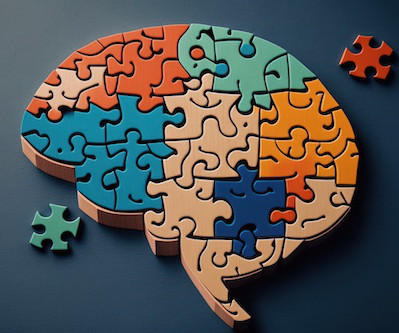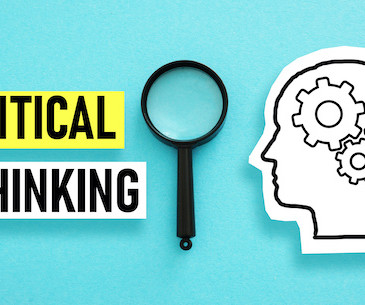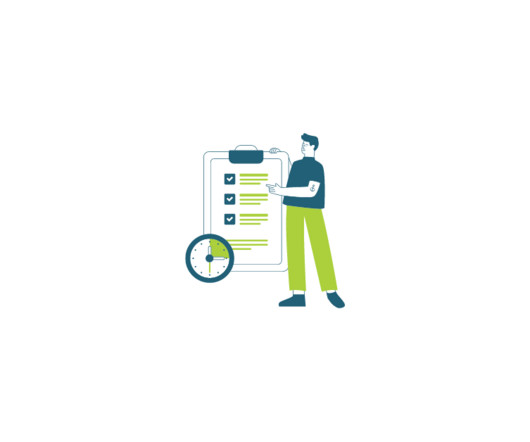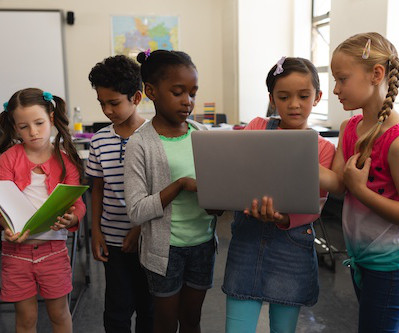5 strategies to close the critical thinking gap
eSchool News
JUNE 4, 2024
Most academic interventions focus on core knowledge and basic skills: Let’s practice two-digit addition. These kinds of exercises can help students make marginal gains in reading, math, and general content knowledge, but they don’t address the root of the problem: learning how to think and how to learn. Review the parts of the cell.
















Let's personalize your content